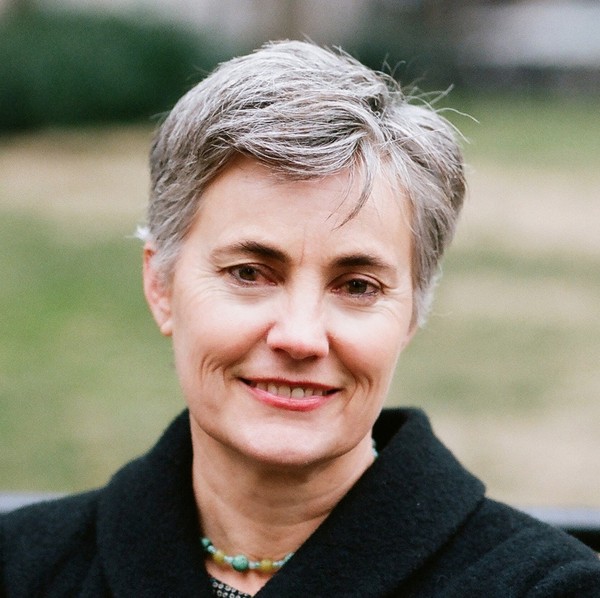
Infinite Careers is a collaboration between Career Services (CAPD) and the MIT Alumni Association to explore career paths and the non-linearity of career decision making. Read profiles of alumni with unique career paths, hear their stories and network at a series of talks.
Education
- B.A., English, French, & Philosophy, Wellesley College, 1980
- S.M. MIT Sloan, 1986
Biography
Robin Chase is a transportation entrepreneur. She is co-founder and former CEO of Zipcar, the world’s leading carsharing network; as well as co-founder of Veniam, a network company that moves terabytes of data between vehicles and the cloud. In 2019, she co-founded her first nonprofit, NUMO, a global alliance to channel the opportunities presented by new urban mobility technologies to build cities that are sustainable and just. Her book is Peers Inc: How People and Platforms are Inventing the Collaborative Economy and Reinventing Capitalism.
She is Chair of the public company Tucows, and serves on the Dutch multinational DSM’s Sustainability Advisory Board. In the past, she served on the boards of the World Resources Institute, Veniam and the Massachusetts Department of Transportation, the French National Digital Agency, the National Advisory Council for Innovation & Entrepreneurship for the US Department of Commerce, the Intelligent Transportations Systems Program Advisory Committee for the US Department of Transportation, the OECD’s International Transport Forum Advisory Board, the Massachusetts Governor’s Transportation Transition Working Group, and Boston Mayor’s Wireless Task Force.
Robin lectures widely, has been frequently featured in the major media, and has received many awards in the areas of innovation, design, and environment, including the prestigious Urban Land Institute’s Nichols Prize as Urban Visionary, Time 100 Most Influential People, Fast Company Fast 50 Innovators, and BusinessWeek Top 10 Designers. Robin graduated from Wellesley College and MIT’s Sloan School of Management, was a Harvard University Loeb Fellow, and received an honorary Doctorate of Design from the Illinois Institute of Technology
Robin’s Story
What influenced your choice of undergraduate major? How has it shaped your career choices and professional ability?
My daughter notes that my triple majors — English, French, Philosophy — were all actually the same major. I was really interested in the how and why of the human condition, and how we communicate it. Literature (in English or in French) and philosophy are fit into this focus.
Ultimately, I think these majors enhanced my ability to figure out what the most important points are, and how to synthesize them and communicate them.
What influenced your choice of graduate programs? How have they shaped your career choices and professional ability?
One of my first jobs after graduation was with a company that worked on international public health programs. I was struck that all the people who worked on these came from the health field, and none of them understood finance, management, or accounting. I wanted to go to a very quantitative school (Sloan!) to balance our my very liberal arts undergraduate education, and give me the skills to work on social issues I cared about with the business skills needed to execute well.
What has been the greatest challenge for your startups?
The status quo. I am constantly fighting against it. People can’t envision alternatives and while they are ready to complain they don’t want to change. The status quo includes existing culture, regulations, land use, fines and fees that are all built on what was before, not what is best for the future.
Making decisions, especially important-feeling career decisions, is really challenging for people at all stages of their career. What strategies have you used to make career decisions?
Two axioms have been helpful to me:
- Plant yourself where you will thrive. i.e. If you don’t like your job, you won’t have passion for it. If you do love your job, you will work hard and bring your best self to it — with way less effort.
- What is your highest and best use? right at this moment in your life, bringing together all your lived experience, and the needs of the world, and where you live and your networks. This highest and best use will change over time (when you have very young kids, your highest and best use will look different than when you are young and single, or old and settled).
What motivates you to do the work that you do?
I feel compelled to address problems that I think I can solve, making the world a better place. Ultimately, I strive to help create the world I want to live in (humane, equitable, just), and that we need to live in (sustainable).
What do you like to do outside of work for fun/relaxation/inspiration?
Garden, knit, cook, love and enjoy my family.


